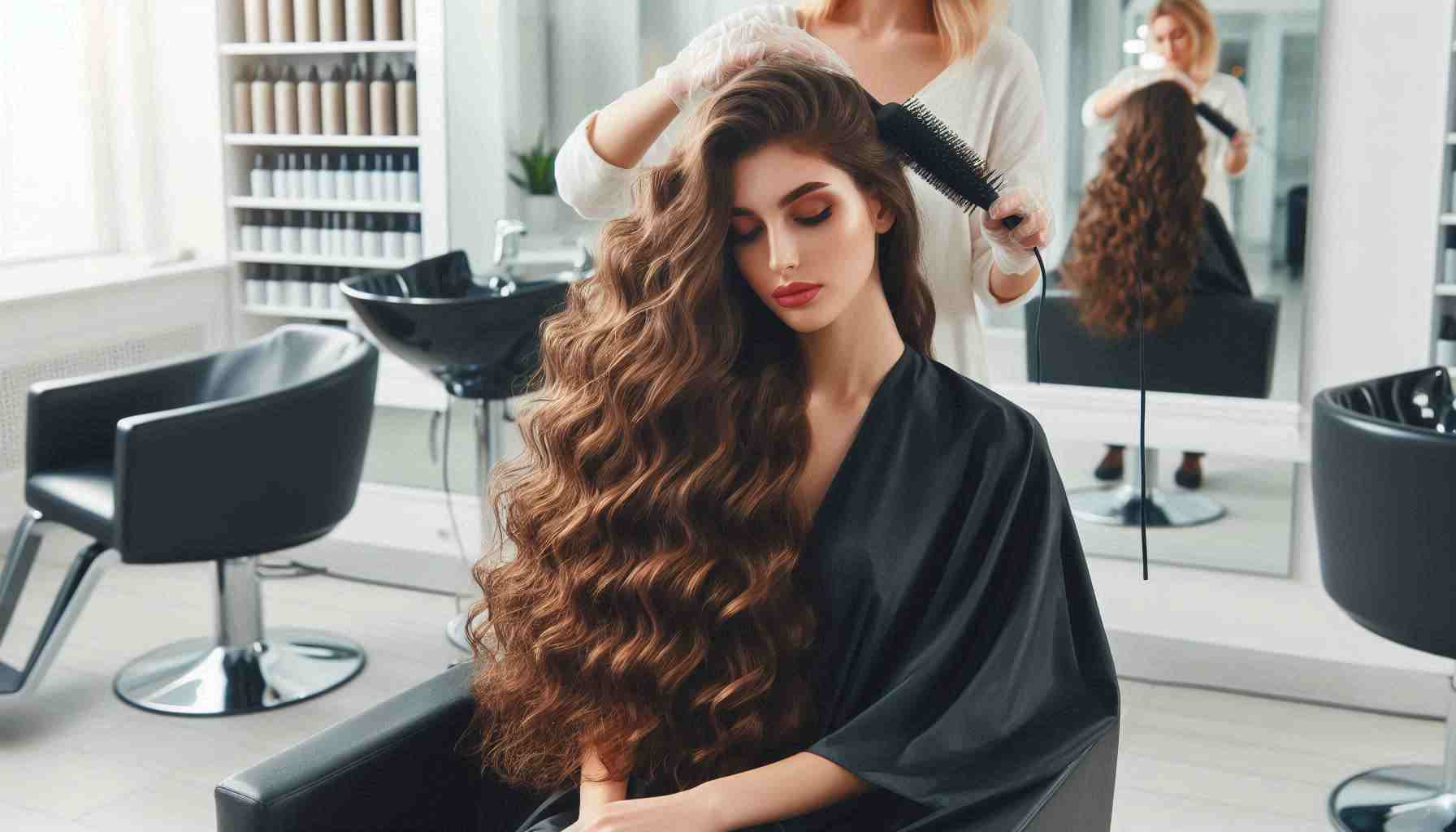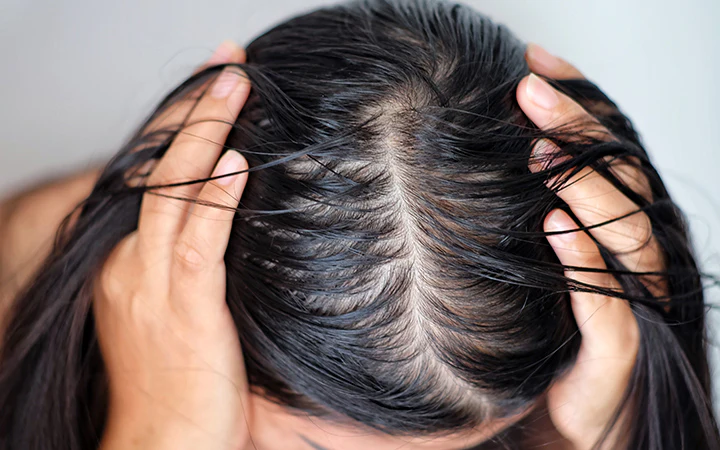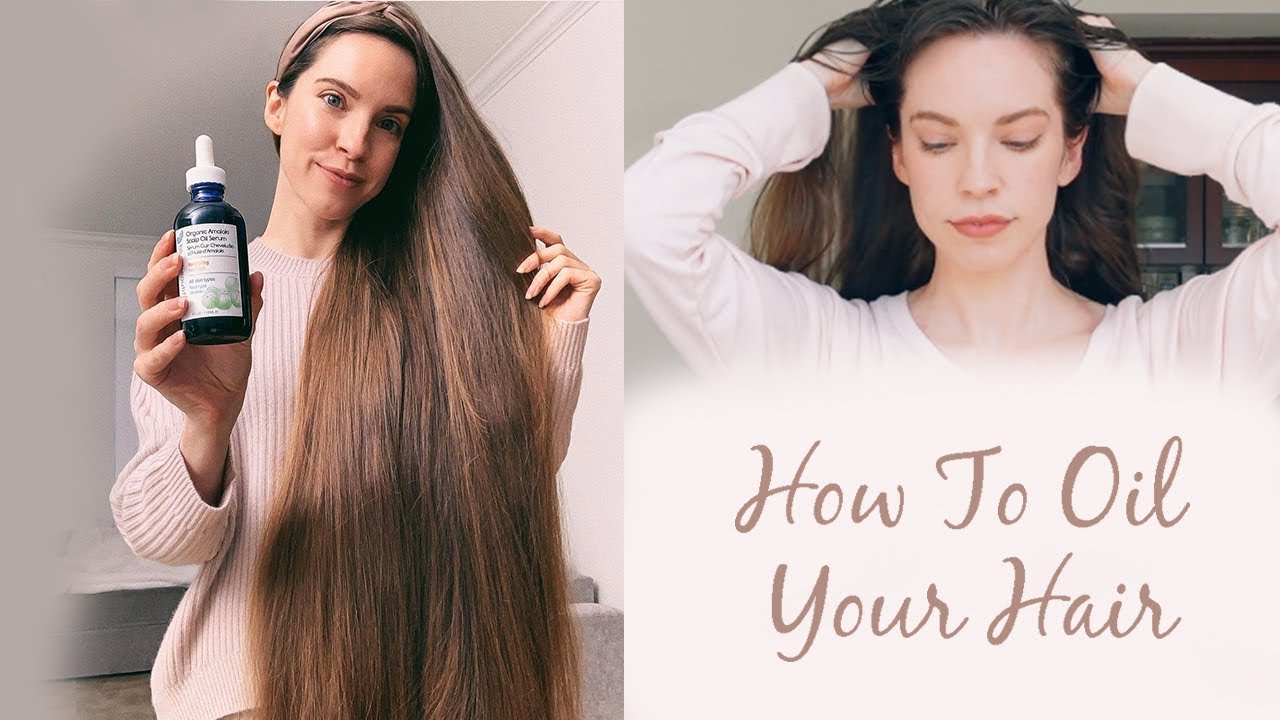When it comes to hair care, conditioning often takes a backseat to shampooing, but it’s an essential step in keeping your hair healthy, soft, and manageable. Whether your hair is long or short, curly or straight, fine or thick, the right conditioning routine can make all the difference.
The Importance of Conditioning
Conditioning plays a crucial role in your hair care routine because it helps to:
- Moisturize and Hydrate: It replenishes the moisture lost during shampooing, preventing dryness and brittleness.
- Detangle: Conditioning smooths the hair cuticle, making it easier to comb and reducing breakage.
- Protect: It forms a protective barrier around the hair, shielding it from damage caused by heat styling, pollution, and other environmental factors.
- Enhance Shine and Softness: A good conditioner makes your hair shiny and soft, giving it a healthy appearance.
With these benefits, it’s clear that conditioning should be a regular part of your hair care routine. But how often should you condition your hair? That depends on several factors like hair type, texture, and lifestyle.
How Often Should You Condition?
There isn’t a one-size-fits-all answer to how often you should condition your hair. It depends on your specific hair type and condition, as well as how you style and care for it. Here’s a guide to help you find the right conditioning routine based on your hair type.
Oily Hair
If you have oily hair, your scalp produces excess sebum, which can make your hair look greasy. Conditioning is still important for keeping the ends healthy, but you’ll need to avoid making your roots more oily.
Recommended Frequency:
- 1-2 times a week, focusing on the ends rather than the scalp.
Tips for Oily Hair:
- Use lightweight, oil-free conditioners.
- Avoid applying conditioner to the scalp.
- Rinse thoroughly to avoid residue that could make your hair feel heavy.
Dry Hair
Dry hair lacks moisture and can be prone to breakage and frizz. Conditioning helps restore hydration and elasticity, making your hair look and feel healthier.
Recommended Frequency:
- 3-4 times a week, or even daily if your hair is very dry.
Tips for Dry Hair:
- Choose rich, moisturizing conditioners with ingredients like argan oil, shea butter, or coconut oil.
- Use a deep conditioner or hair mask once a week for extra hydration.
- Try leave-in conditioners for continuous moisture throughout the day.
Should You Condition Every Day?
For most people, conditioning every day isn’t necessary, and in some cases, it could even weigh down your hair. Daily conditioning is more suitable for those with long or extremely dry hair, but even then, it’s important to choose the right product. For others, 3-4 times a week should suffice.
How to Adjust Conditioning for Hair Growth
If you’re growing your hair out, keeping it conditioned is key to preventing split ends and breakage. After every shampoo, use a rinse-out conditioner. Consider adding a leave-in conditioner once a week, and use a deep conditioner monthly if your hair is dry or damaged.
Can Too Much Conditioner Be Bad?
Yes! Over-conditioning can cause your hair to feel limp, overly soft, and prone to breakage. Using too much conditioner or applying it too frequently can also lead to product buildup, leaving your hair flat and lifeless.
Can Conditioner Cause Dandruff?
In some cases, conditioner can contribute to dandruff, especially if applied directly to the scalp. The oils in conditioner can mix with your natural scalp oils and create buildup, leading to dandruff or an itchy scalp. Focus on applying conditioner to the ends of your hair and avoid the scalp.
How Long Should You Leave Conditioner In?
To get the full benefits of your conditioner, leave it in your hair for 1-5 minutes (or as directed on the product label). This allows the conditioner to hydrate and smooth your hair before you rinse it out.
Signs Your Hair Is Over-Conditioned
If your hair feels weak, overly soft, limp, or flat, it may be over-conditioned. In this case, reduce how often you use conditioner and ensure you’re rinsing it out thoroughly to avoid buildup.
Hair Types That May Not Need Conditioner
People with very oily hair or those whose hair gets greasy quickly might skip conditioner altogether or use it sparingly. In such cases, lightweight, clarifying conditioners can help manage oil without weighing down the hair.
Applying Conditioner Correctly
When conditioning your hair, apply the product to the ends rather than the scalp. The ends are the driest part of the hair and need the most moisture, while the scalp produces natural oils. Applying conditioner to the scalp can lead to greasy roots.
Homemade Hair Conditioners
If you prefer natural hair care, homemade conditioners using ingredients like coconut oil, avocado, shea butter, or honey can provide nourishment and hydration.
Conclusion
Conditioning is an essential part of any hair care routine, but how often you condition depends on your hair’s needs. Whether your hair is oily, dry, short, or long, tailoring your conditioning routine will help you maintain healthy, shiny, and manageable hair. Focus on understanding your hair type and adjusting the frequency and type of conditioner to suit its unique needs, and you’ll be well on your way to gorgeous, well-nourished hair.



